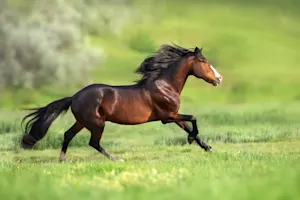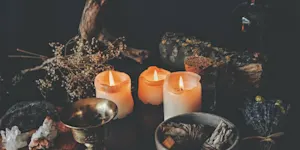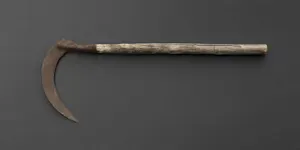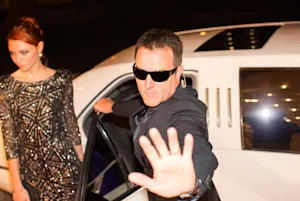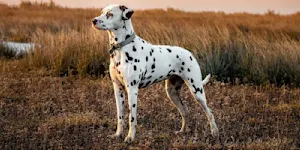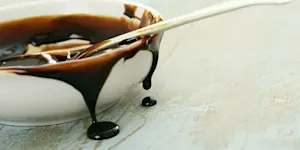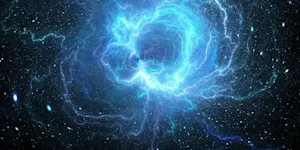What Makes This Word Tick
Though not often used in everyday conversation, "gurn" has a cheeky charm rooted in its British origins. It's a verb that describes the act of distorting one's facial features, often to comedic effect. Picture a playful child scrunching up their nose and cross-eyed grin, and you've got a quintessential gurn. While it may not earn you a spot in the royal portrait gallery, gurning is a beloved pastime in circles where laughter and silliness are celebrated.
If Gurn Were a Person…
Gurn would be that uncle at family gatherings—the one who pulls funny faces to entertain the kids and can lighten any mood with his humor. He's the life of the party, never taking himself too seriously and always ready to bring a smile to someone's face, sometimes at his own expense.
How This Word Has Changed Over Time
"Gurn" hails from times when simple pleasures were all the rage. Originally, it referred to a more general grimace, but over the years it's become synonymous with the kind of exaggerated facial expressions that could make even the sternest monarch crack a smile. While its essence remains the same, the word has traveled from archaic usage into niche and delightful English parlance.
Old Sayings and Proverbs That Use Gurn
While "gurn" itself doesn't feature prominently in traditional proverbs, the spirit of making ridiculous faces has always been a staple in sayings like "grin and bear it"—implying that pulling a funny face might make hard situations more bearable.
Surprising Facts About Gurn
Surprise! There's an actual competition dedicated to gurning faces—the Egremont Crab Fair in England, where participants don a horse collar and contort their faces in a hilarious contest. This annual event celebrates the art of the gurn, proving that humor is a timeless sport.
Out and About With This Word
Gurn finds its way into communities and gatherings where folks aren't afraid to look silly. From village fêtes to youth camps, if there's a crowd willing to engage in rambunctious fun, gurning may be the star of the show.
Pop Culture Moments Where Gurn Was Used
While the word itself might not have graced the silver screen, famous actors have inadvertently made a name for themselves through gurning-like expressions—think Jim Carrey in "The Mask" or Rowan Atkinson in his "Mr. Bean" series. Their mastery of exaggerated facial expressions mirrors the art of a good gurn.
The Word in Literature
Though "gurn" might not feature prominently in classical literature, its spirit lives in comedic and humorous genres. Books that rely on slapstick or character-driven humor often benefit from the kind of silliness that a well-timed gurn can evoke.
Moments in History with Gurn
Though unrecorded in historical texts, one can imagine moments during medieval fairs when jesters donned gurn-like expressions to entertain crowds. These playful antics would have been a delightful break from the solemnity of everyday life.
This Word Around the World
While the precise word "gurn" may be uniquely British, the concept is universal. From clowns in America to Harlequins in Italy, every culture has its own version of humorous facial expressions.
Where Does It Come From?
The term "gurn" likely derives from Scottish dialects, capturing the essence of silliness and exaggerated faces. It's a splendid reminder of how regional words can find their place in global lexicons.
How People Misuse This Word
Sometimes "gurn" might be confused with "grin," though they bear different intentions. A gurn is about amusing distortion, whereas a grin is a simple, straightforward smile.
Words It’s Often Confused With
Grin: A straightforward smile, warm and genuine, unlike the playful distortion of a gurn.
Grimace: While similar, a grimace often implies discomfort rather than the playful nature of a gurn.
Additional Synonyms and Antonyms
Synonyms for gurn include grimace, mug, and contort. As for antonyms, a serene or calm expression would be quite the opposite.
Want to Try It Out in a Sentence?
"During the family reunion, Uncle Bob entertained the kids with a gurn that left everyone in stitches."



